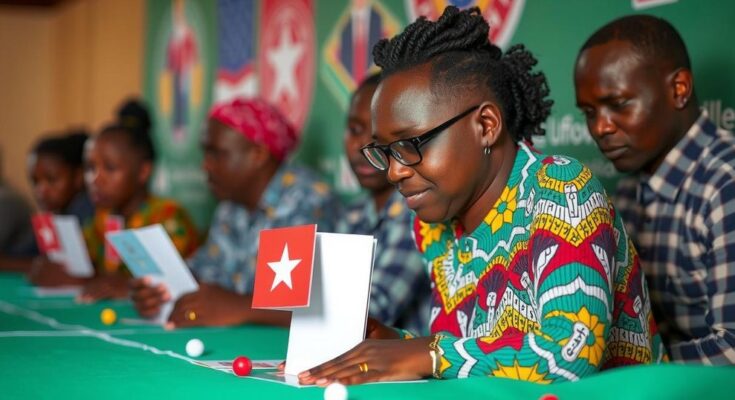The 2024 elections in Southern Africa resulted in significant losses for long-ruling liberation parties, reflecting a generational shift among voters prioritizing effective governance over historical legacies. Key outcomes included the fall of the Botswana Democratic Party after 58 years, the ANC’s loss of majority in South Africa, and SWAPO’s narrow retention in Namibia. These results underscore growing public demands for accountability and economic improvement across the region.
The 2024 elections in Southern Africa marked a significant shift in the political landscape, as formidable long-standing liberation parties faced substantial electoral challenges. With voters increasingly comprised of younger generations, the appeal of historical narratives of liberation faded, giving way to a demand for tangible governance performance. For instance, Botswana witnessed the end of a 58-year rule by the Botswana Democratic Party, while in South Africa, the African National Congress lost its majority, reflecting widespread dissatisfaction with issues such as corruption and economic hardship. Similarly, Namibia’s SWAPO party narrowly retained power, and Mozambique experienced unrest over election results. Amidst these dynamics, the region showcased its democratic resilience, but the developments indicate a growing public desire for accountability and responsive governance.
Southern Africa has experienced relative stability in its democratic processes, even in contrast to other African regions marked by military coups and conflict. Recent electoral outcomes have revealed a generational shift in voter preferences, as younger demographics, lacking direct experience of colonialism, prioritize governance quality over historical liberatory achievements. This changing dynamic poses a significant challenge to established political parties that had long relied on their liberation credentials to maintain power. As these elections unfolded, they shed light on the frustrations regarding economic conditions and the limited opportunities available to the youth, thus propelling a desire for change.
The 2024 electoral outcomes in Southern Africa signify a pivotal transformation within the political framework, as liberation movements face declining support amid rising demands for effective governance. The emergence of youthful voters has reshaped priorities, emphasizing the need for job creation and accountable leadership over historical legacy. This trend is evident in countries like Botswana, South Africa, and Namibia, indicating a broader regional longing for political representatives who can address contemporary challenges rather than rely solely on past accomplishments. As civil society actively seeks greater accountability, the future of Southern Africa’s political landscape remains uncertain but ripe for change.
Original Source: abcnews.go.com




